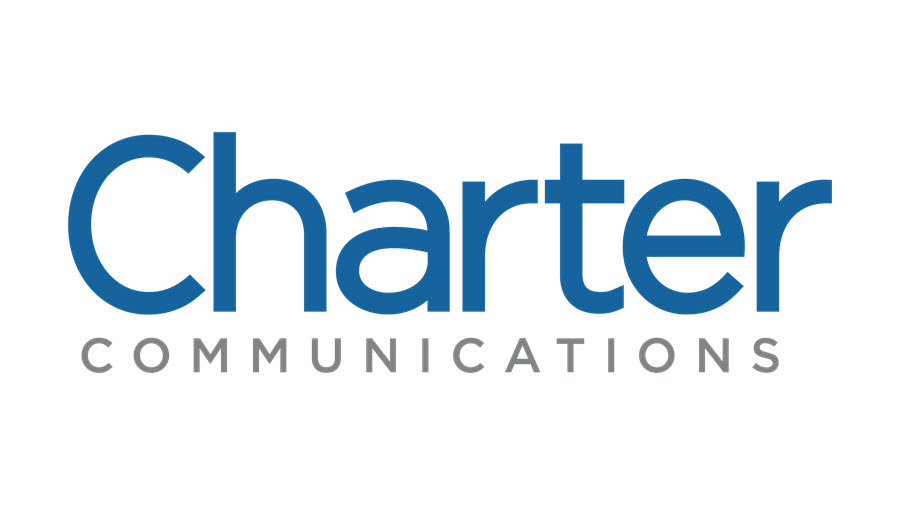CEI Fires Opening Appeals Court Shot at FCC Charter-TWC Conditions

The smarter way to stay on top of broadcasting and cable industry. Sign up below
You are now subscribed
Your newsletter sign-up was successful
The Competitive Enterprise Institute has filed the opening brief in its challenge to the FCC's conditions on the 2016 Charter-Time Warner Cable (Bright House) merger.
CEI challenged the conditions that it said went beyond the FCC's legal authority by imposing conditions unrelated to the services whose cable licenses were being exchanged and unrelated to any transaction-specific harm, including that the company build out broadband to an agency-mandated minimum new customers, that it provide a low-income broadband program and that it not engage in usage-based pricing or impose data caps.
Those conditions cause harm to Charter's customers that the FCC did not recognize or consider in imposing them, it told the court.
The group also suggests the FCC's buildout condition was arbitrary and capricious because the FCC mandate to get bigger (build out to more broadband customers) "contradicts the agency's own findings expressing concerns regarding the post-merger size of New Charter."
CEI sought FCC reconsideration of the conditions, from which both now-chairman Ajit Pai and fellow Republican commissioner Michael O'Rielly dissented from. At the time, Pai said that the FCC's merger review process had become "rife it is with fact-free, dilatory, politically motivated, non-transparent decision-making."
Pai dissented from the order but not because he did not think the deal was in the public interest, but because he thought the conditions the FCC majority imposed was an effort to micromanage the wider internet economy.
When the FCC, after two years and under Pai's chairmanship, finally decided not to reconsider--saying CEI did not have standing to bring the challenge--the group appealed that decision to the U.S. Court of Appeals for the D.C. Circuit, which has principal jurisdiction over FCC decisions.
The smarter way to stay on top of broadcasting and cable industry. Sign up below
"CEI has demonstrated that the FCC imposed unlawful conditions on the Charter merger that would increase costs for consumers, forcing them to foot the bill for an overreaching federal agency,” said CEI senior attorney Melissa Holyoak in a statement. “We are asking the court to apply the statute and find the FCC has no authority to micromanage the internet at the public’s expense."
The FCC under Pai did modify the Charter-Time Warner Cable deal conditions by removing the overbuild portion of the broadband buildout requirement that Charter to overbuild a million internet access customers who could already get high-speed access from another provider, in addition to the one million new buildouts.
Contributing editor John Eggerton has been an editor and/or writer on media regulation, legislation and policy for over four decades, including covering the FCC, FTC, Congress, the major media trade associations, and the federal courts. In addition to Multichannel News and Broadcasting + Cable, his work has appeared in Radio World, TV Technology, TV Fax, This Week in Consumer Electronics, Variety and the Encyclopedia Britannica.

